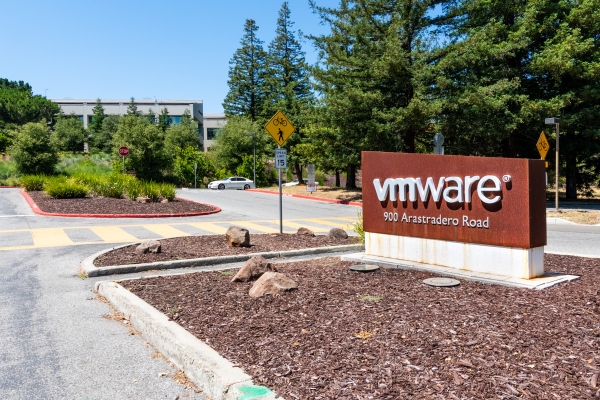As expected, the Broadcom-VMware deal is a go. The chip giant intends to snap up the virtualization software company for $61 billion in cash and stock, along with taking on $8 billion in VMware debt.
It’s not an inexpensive transaction, but thanks to a “go-shop” provision that gives VMware 40 days to “solicit, receive, evaluate and potentially enter negotiations with parties that offer alternative proposals,” there’s market speculation that another bidder could enter the fray.
After chewing through analyst notes on the deal, Ron and Alex wound up on opposite sides regarding whether a higher price or another bidder would make sense. Ron’s view is that the company’s value is higher than its recent financial results may imply, while Alex feels the company is not sufficiently performative to deserve a higher price.
TC+ is having a Memorial Day sale. You can save 50% on annual subscriptions for a limited time.
We’ve long speculated who might buy VMware, and after Dell spun out the company, TC listed Amazon, Alphabet, Oracle, Microsoft and IBM as potential acquirers. The fact that we did not foresee Broadcom as a potential suitor underscores our view that we don’t fully grok if it’s the correct buyer for VMware.
So let’s talk about the pros and cons of the matter, ask what VMware is worth, and how it may have value over and above its recent quarterly results. Ron is taking point!
Ron’s take:
With $61 billion on the table, it’s hard to imagine anyone paying more, and research firm Bernstein agrees with the perspective. Before we put the idea to bed, though, it’s worth taking a moment to think about the value of VMware.
VMware’s value goes beyond what its balance sheet or its profit and loss statement tells us at the moment. While the company might not have had a perfect first quarter, it has a particular set of skills that could fit nicely with any of the big cloud infrastructure providers.
In fact, cloud infrastructure-as-a-service exists today only because the early crew at VMware figured out virtualization at scale in the early 2000s. Until then, people used servers, and if a server was underutilized, well, too bad. Virtualization lets you divide a computer into multiple virtual machines, paving the way for cloud computing as we know it today.
While cloud computing has changed some since its early days, virtualization remains a core tenet of the market. Imagine for a moment if one of the three or four cloud vendors — think Amazon, Microsoft, Google or even IBM (although this deal is a bit rich for its blood) — brought VMware into its fold.
VMware brings more to the table than virtualization, of course. Over the years, it has gained various capabilities by acquiring companies like Heptio, a containerization startup launched by Craig McLuckie and Joe Beda, two of the people who helped create Kubernetes.







![Read more about the article [Tech50] This startup aims to meet the lifestyle needs of working professionals on a single platform](https://blog.digitalsevaa.com/wp-content/uploads/2021/12/CopyofImageTagsEditorialTeamMaster-3-1638542445110-300x150.jpg)

